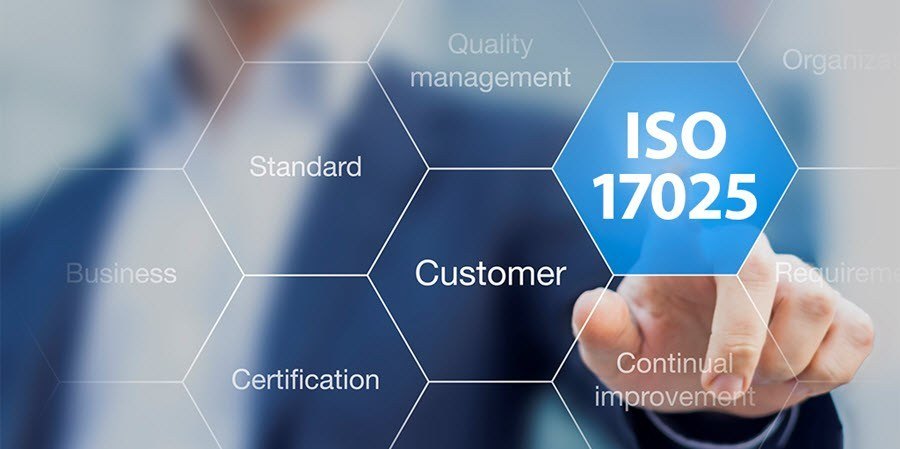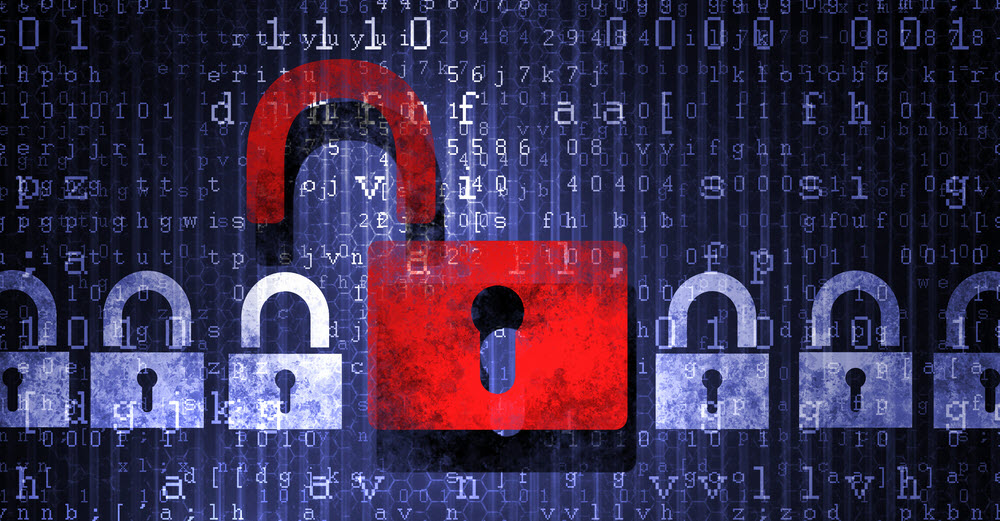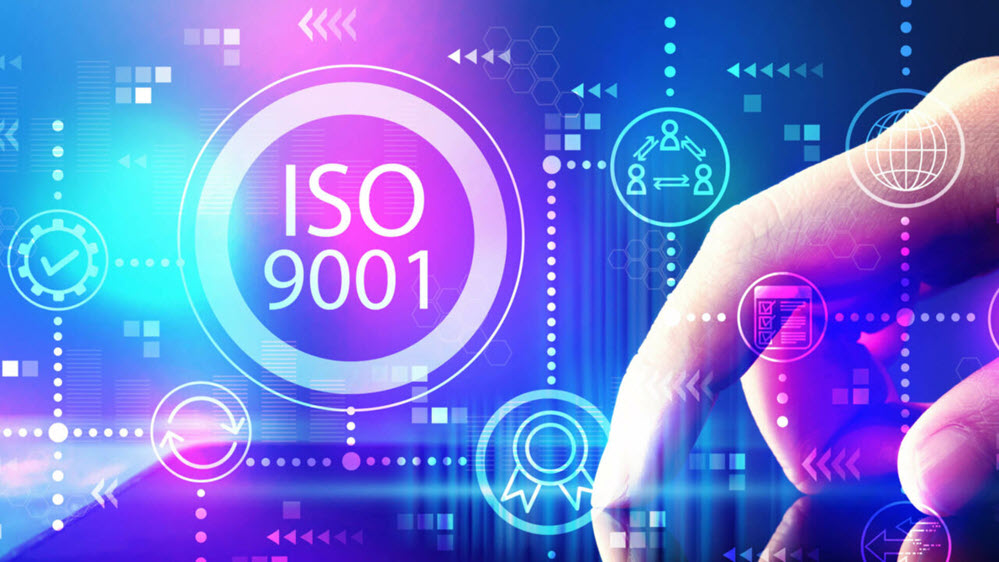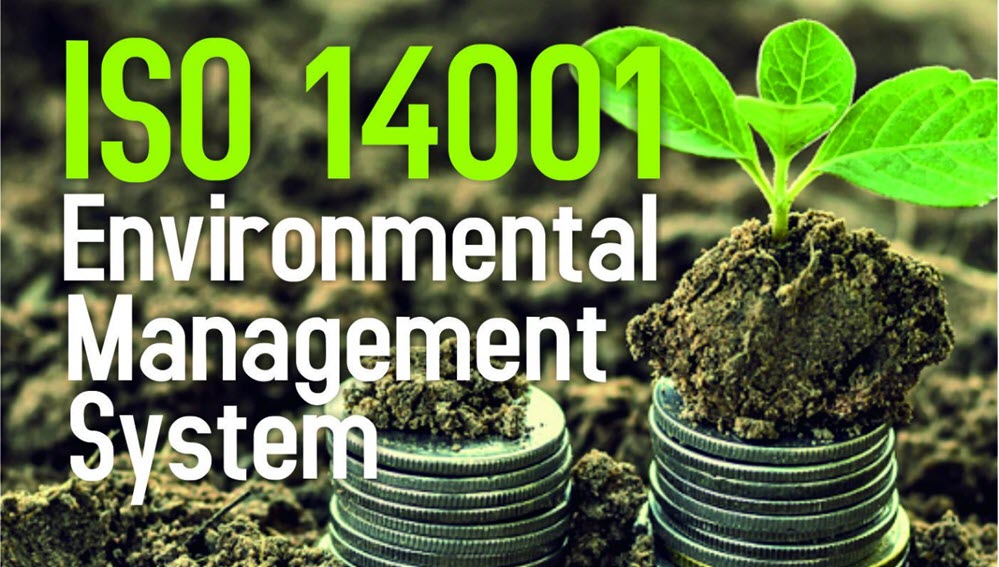EQMS Blog

Importance Of ISO 17025 For Laboratories
The ISO 17025 accreditation is the most important standard for testing and/or calibration laboratories. It confirms that a particular laboratory is able to produce precise and accurate test results and calibration data. ISO 17025 accreditation act as a third-party review process that provides assurance that a laboratory’s quality management system is up to date and has a comprehensive technical competence.
The ISO 17025 standards are used to verify the Laboratory’s ability to produce reliable test and calibration data, including appropriate handling and transportation of test items.
Advantages for Customer and Clients
It builds confidence in the customer and also saves them from expensive retesting. The customer feels that the service is trustworthy because it is verified by a third party.
Moreover, accreditation provides the assurance that a particular organisation or laboratory is abiding by the internationally required quality standards.
Importance of ISO 17025 in Daily Life
There is great Importance of ISO 17025 in our daily life. Laboratory tests are used for assurance of safe drinking water, health care, food, mineral exploration, environmental monitoring, energy, and various other production processes. Moreover, reliable and accurate laboratory test results are required to make important decisions in various fields.
Importance of ISO 17025 (On-site assessment)
ISO 17025 accreditation for Laboratories requires an on-site-assessment process and participation in applicable proficiency testing programs. It is a complete and comprehensive examination of the laboratory’s management system as well as a quality management system. It also involves the examination of technical facilities required to produce quality data such as:
- Suitability of test equipment
- Calibration and maintenance of equipment
- The technical ability of staff member
- The validity of testing methods
- Examination of documents and records
The main purpose of the assessment process is to check the ability of a laboratory to conduct correct, verifiable and reproducible test results. It involves an intensive and ongoing assessment of quality standards. The experts from the accreditation body repeat the process of quality assessment and assurance at regular intervals.
The legitimacy of Accreditation Bodies
The purpose of accreditation bodies is to verify the quality standards of various organisations, but the question arises that how the accreditation bodies themselves are recognized or evaluated.
The accreditation bodies are evaluated by internationally accepted standard i.e. ISO /IEC 17011 and by extensive and comprehensive assessment by organisations like ILAC.
The number and nature of these accreditation bodies vary from country to country. These accreditation bodies exist in more than 130 countries. Many countries have one or two accreditation bodies.
Nature and Extent of Accreditation
Moreover, the accreditation bodies’ keeps updating their own processes and procedure of assessment as per the latest requirements. The extent of the accreditation process depends on the size of the laboratory. The laboratory staffs are fully awarded regarding accreditation requirements. They are strongly committed to quality requirements and all aspects of the laboratory, including those aspects which do not necessarily come under the scope of accreditation. In view of these strong commitments, the clients get the ultimate benefit.
The quality assurance personnel device and implement such a system that makes it easier for analysts and others to comply with accreditation requirements. They ensure that whether the important records are kept and are easily retractable. The use of electronic records makes the whole process a little bit easier but makes some aspects of assessment more difficult. They also ensure the incorporation of reference methods and improvements into laboratory methods as per standards. In fact, the (Quality Assurance) QA personnel monitor and access all aspects of the laboratory.
Latest Developments
ISO/IEC 17025:2017 is the latest version of laboratory accreditation that enhances the cooperation between labs other relevant bodies by generating wider acceptability of test results among different countries. This means that the test results of one country may be accepted in other countries without the need to have a retest; this may positively affect international trade. In this way, the latest version further increases the scope and importance of ISO 17025.
The laboratories already registered to previous version ISO/ISE 17025:2005 needs transition within three years of the latest version ISO/ISE 17025:2017. The new version has increased the scope of testing, calibration, and sampling to the latest standard and technological requirements. It also has more focus on IT to better reflect how data is handled today.
If you are looking to implement or certify your laboratory management system to ISO 17025, then contact us for a free consultation on how we are able to support.

Request a free consultation
Contact us to discuss your needs and see how we can support to reach your goal.

Recent posts

In today's digital age, businesses are constantly exposed to various cyber threats. As a result, companies must adopt a proactive approach to cybersecurity to prevent data breaches, theft, and other...

Quality management systems are essential in ensuring that organisations can deliver quality products and services consistently. The International Organisation for Standardization (ISO) developed the ISO 9001 standard to help organisations...

ISO 14001 is a globally recognised standard for environmental management systems (EMS) that helps organisations manage their environmental impact and improve their sustainability performance. Obtaining this certification demonstrates a company's...
Just a Few of Our Clients
Request a Free Consultation
Contact us to discuss your needs and see how we can support to reach your goal.












